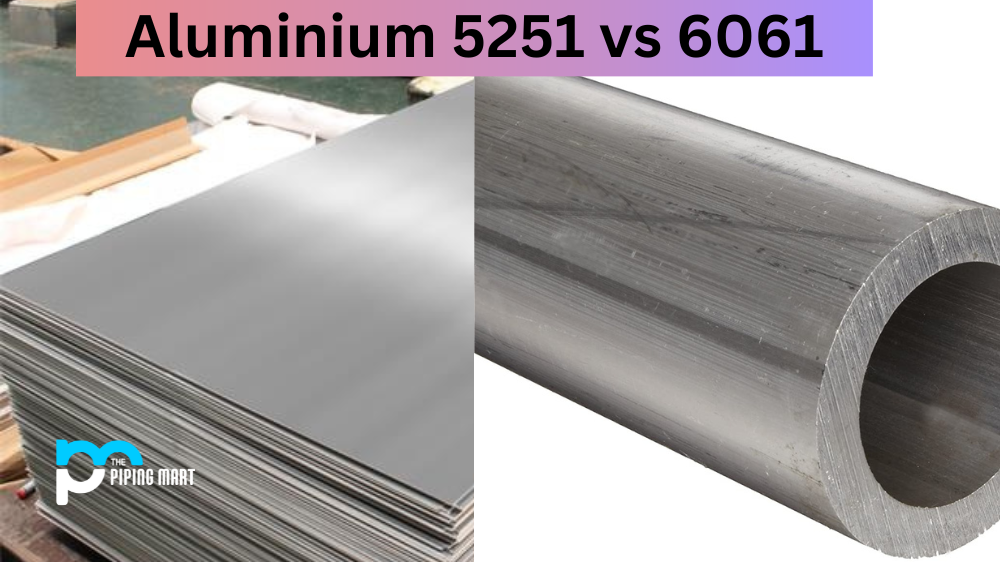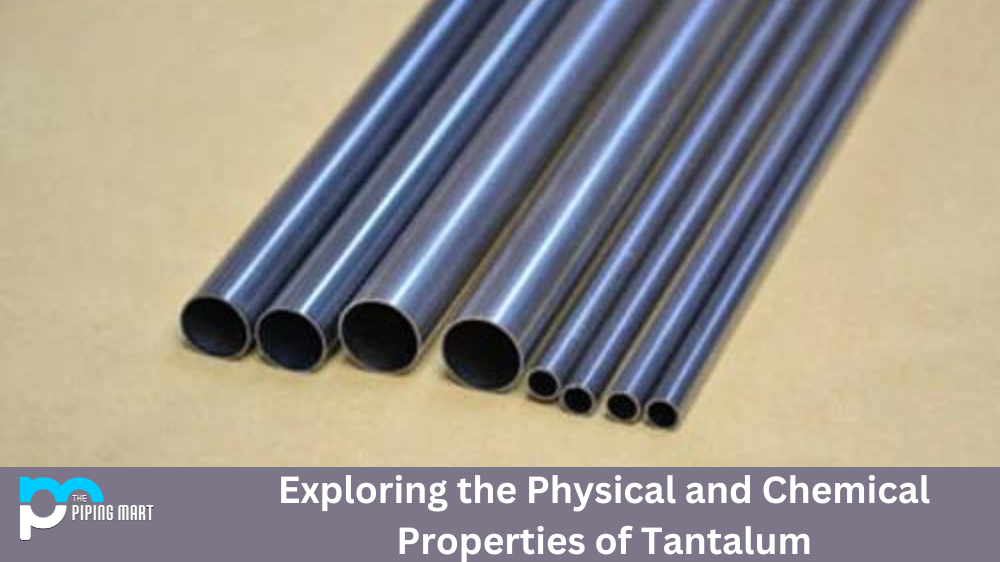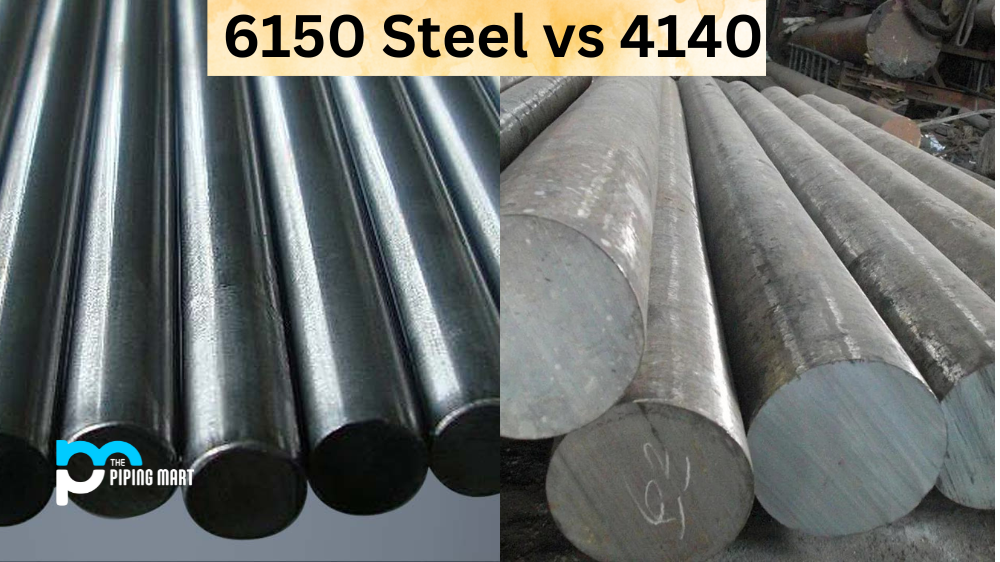When choosing the right aluminium for your project, it’s important to consider the properties and characteristics of each. Two well-known alloys in the industry are aluminium 5251 and 6061. You might be wondering about the differences between these two types of aluminium and which one you should choose for your project. In this blog post, we’ll go through the details of each and help you make an informed decision.
What is Aluminium 5251?
Aluminium 5251 is an alloy that contains 96.0% aluminium, 2.5% magnesium, and 1.5% chromium. It is a non-heat treatable alloy that is weldable, formable, and corrosion-resistant. Aluminium 5251 is commonly used for fuel tanks and body panels in the automotive industry.
What is Aluminium 6061?
Aluminium 6061 is an alloy that contains 96.0% aluminium, 1.0% magnesium, and 0.6% chromium. It is a heat-treatable alloy that is weldable, formable, and corrosion-resistant. Aluminium 6061 is commonly used in the aerospace industry for fuselages and wing skins.
Difference Between Aluminium 5251 and 6061
Properties
Aluminium 5251 has a lower melting point than Aluminium 6061, making it easier to weld. However, Aluminium 6061 has better corrosion resistance and higher strength than Aluminium 5251.
Uses
Aluminium 5251 is typically used in the automotive industry for fuel tanks and body panels due to its weldability and formability. Aluminium 6061 is typically used in the aerospace industry for fuselages and wing skins due to its high strength and corrosion resistance.
Cost
Regarding price, Aluminium 5251 is generally cheaper than Aluminium 6061. The cost difference is due to the differences in their strength and properties. Aluminium 5251 is typically cheaper than Aluminium 6061 due to its lower strength and corrosion resistance.
Strength
When it comes to strength, Aluminium 6061 is stronger than Aluminium 5251. It has a higher ultimate tensile strength than 5251 and can handle higher loads, making it ideal for heavy-duty applications. However, Aluminium 5251 has excellent corrosion resistance. It is resistant to seawater and other corrosive environments, making it a great choice for marine and other harsh environments.
Conclusion
In conclusion, Aluminium 5251 and 6061 have unique properties that make them suitable for specific applications. If you’re looking for an alloy that provides excellent strength, then Aluminium 6061 is an ideal choice. However, if you require excellent corrosion resistance, then Aluminium 5251 is a great option. The decision ultimately comes down to what properties you value most in your project. Consider the strengths and weaknesses of each and choose wisely.

Pipingmart is a B2B portal that specializes in metal, industrial and piping items. Additionally, we share the latest information and information about materials, products and various types of grades to assist businesses that are involved in this business.




